How Microsoft can reach and keep 1 billion Windows 10 users
Microsoft really needs to think outside the box with W10
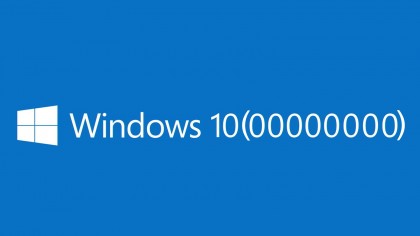
Introduction
Terry Myerson, Microsoft's EVP of Operating Systems, took to the stage at the Build 2015 developer conference to lay down the company's cards on how it will convince 1 billion users to get on the Windows 10 train in the next two to three years.
To get anywhere near that goal, Microsoft will first need to secure a hefty level of developer support. So, it was a step in the right direction to hear that Windows 10 apps can be built using already-developed content coded in Java and C++ for Android and Objective C for the iOS ecosystem. But that alone won't attract 1 billion users: Windows 10 needs not just one but several killer apps of its own to reach 1 billion users, and more importantly, to keep them on the platform for years to come.
It's hard to predict exactly how developers will leverage Microsoft's new operating system to help build an audience that amounts to 1/7th the Earth's population. And of course, Microsoft is going to need much more than apps to get to that number.
The company has already given us an exciting glimpse of what is possible with Windows 10, such as HoloLens and Xbox One game streaming. But I have a few thoughts to add on that could help Microsoft on the road to 1 billion users for Windows 10.
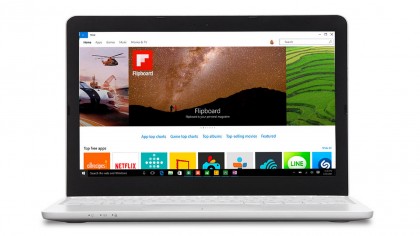
Free upgrades forever
Let's be real here: no OS is at its prime on Day 1. There are usually bugs and features that underdeliver or don't seem to be fully explored. While you can count on the bugs being squashed quickly, some of the big, noteworthy features won't see much improvement or change until a year or two from the OS' initial release.
Once this happens with Windows 10.1, or whatever it will be called, it needs to be free to upgrade. Apple has made several of its recent Mac OS X upgrades available at no extra cost, and Microsoft needs to do the same with Windows 10. The moment it puts a price on software updates, it will make the goal of 1 billion users much harder to reach.
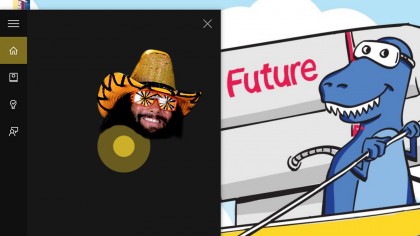
Custom Cortana voices
Choosing Cortana as the voice of its virtual assistant feature was an endearing nod to gamers. But even those who dig Halo might want something different every now and then. When I get bored with Siri's default voice, I like to turn her into a man with an Australian accent. You can do the same stuff with Cortana, but I'm looking for just a little more. How about a "Macho Man" Randy Savage voice? Yes, that'd be perfect.
Imagine: a child who loves Reading Rainbow having a virtual assistant voiced by LeVar Burton. An avid sports fan having the weather read aloud by Dan Patrick. Oh, the possibilities.
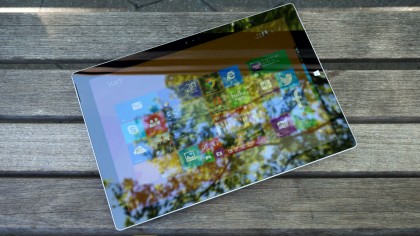
More Microsoft-made hardware
Microsoft struck onto something with its Surface line, which first launched alongside Windows 8. It's a well-built device that looks snazzy and is, arguably, the best way to experience Windows on a tablet. But why stop at a tablet?
There's little doubt that Microsoft will come out with some Lumia phones this year (fingers crossed for the Lumia 950 and 950 XL) and we know that the HoloLens is on its way, but I'm interested to see the company attempt its own fully-fledged laptop. I'm thinking something similar in craftsmanship to the Chromebook Pixel or the Macbook Pro, but with a design that highlights Windows 10 features, like the dedicated Cortana button on the Toshiba Satellite Radius 15. If it can make this hypothetical laptop as affordable as a Chromebook, Microsoft stands a better chance of reaching 1 billion users.
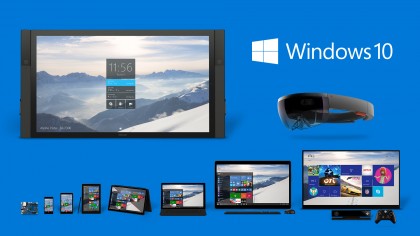
Make Windows 10 free for everyone
Windows 10 is a free upgrade, but only for users who are already running a genuine copy of Windows 7, 8 or 8.1. Even so, it's quite the deal, but Microsoft would make huge waves if it made Windows 10 free for everyone, so long as their machine can run it.
It's obviously not a good plan financially, since Microsoft and its licensed PC and laptop vendors are in the business of making money, and for that reason will almost certainly never happen. But the increased reach would allow Microsoft to easily exceed and keep 1 billion users. I'm playing the devil's advocate here, but a free version of Windows 10 with a few Live Tile ads could help to offset the loss of software revenue.
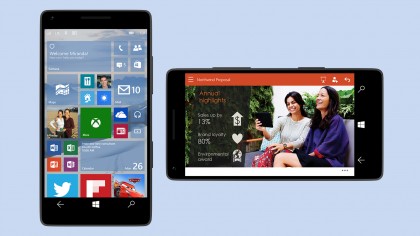
Get Windows 10 Mobile on a ton of phones
Android is the most popular mobile operating system for a reason: it's available globally on a bunch of phones ranging from the most affordable budget options to industry-leading flagship devices. Windows 10 Mobile could get off to a heck of a start if Microsoft partnered with a wide variety of manufacturer around the globe.
By releasing only one version of its mobile OS this fall, Microsoft will have already eliminated the possibility of software fragmentation, which has long been Android's biggest issue in maintaining a seamless experience across devices.
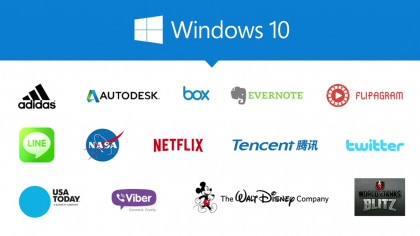
Have way more apps
Allowing developers to port over their pre-existing Android and iOS apps and games to Windows 10 gives the Windows Store plenty of reason to re-hoist the "Grand Opening" sign it used when Windows 8 launched.
And although some of those apps and games will be the same ones Android and iOS users were treated to years ago, Windows will finally stand on near-equal ground. The chance that the next big app or game craze could end up on Windows Store first has never been better.
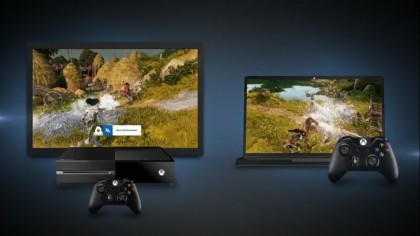
PC to Xbox One streaming
Windows 10 enables gamers who own an Xbox One to stream their console games to the computer screen. This makes gaming possible anywhere your wireless internet blankets over.
But the next big feature people are asking for is the ability to stream PC games on Xbox One. One problem: the Xbox One currently doesn't support the keyboard and mouse control scheme. Xbox President Phil Spencer has teased that it's coming at some point, which could be the first step necessary to make PC game streaming possible.
It's a no-brainer for Microsoft, especially if it wants to remain competitive in the living room against the oncoming Steam Machines.
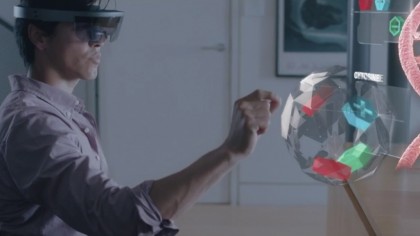
Conclusion
It's possible that Microsoft will reach its 1 billion users without doing any of this, but it has greater chances if it thinks outside the box with Windows 10.
As you can see in our review, we're quite pleased with Windows 10 in its current state. But knowing that this could very well be the last Windows ever, we're really counting on Microsoft to give its all this time.
But enough about what I think, what would you like to see Microsoft do to push Windows 10?

Cameron is a writer at The Verge, focused on reviews, deals coverage, and news. He wrote for magazines and websites such as The Verge, TechRadar, Practical Photoshop, Polygon, Eater and Al Bawaba.